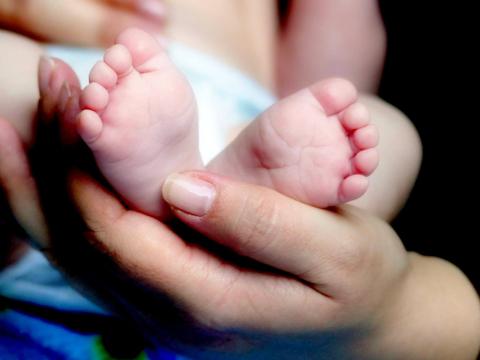Our Emergency Department is very busy right now and some people are experiencing long waits. If you do not require emergency care, please use an alternative such as 111 online.
It can be helpful to imagine screening like putting people through a sieve. Most people pass straight through but a small number get caught in the sieve.
The people caught in the sieve are those considered to have a higher chance of having the health condition being screened for.

